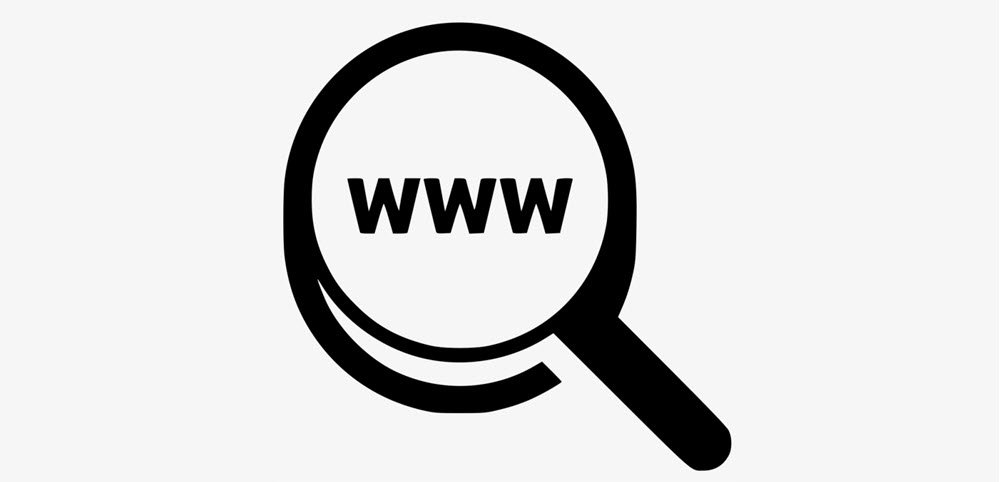The machine searchBrave takes on Google by promising its users that they will be able to browse the Internet without leaving a trace.
The issue of privacy and privacy when we use a search engine is something that concerns many internet users.

So the news that eponymous browser Brave has announced its own search engine is probably more concerning than you think.
According to Amer Owaida, from the international cybersecurity company ESET, here's why.
What's new in this search engine?
The Brave Search engine was announced in March when Brave acquired the Tailcat search engine to offer an alternative to the Google search engine.
The new Brave Search engine, currently in beta and based on a completely independent search index, promises not to track users, their searches, or their clicks like other search engines do.
Brave Search aspires to become a platform in which the user has priority. Users will not be tracked or their profile checked, and in the future, they will be able to choose whether they want a search experience with or without ads.
"Brave Search is coming to fill a gap in the market today, as millions of people have lost confidence in the international surveillance market and are actively looking for solutions to take control of their data," said Bravean Eich, CEO and co-founder. of Brave.
To stand out from the competition, Brave Search claims to follow the following seven principles: privacy, user-first, autonomy, access to choices, transparency, smoothness and accessibility.
Since March, Brave Search has been tested by more than 100.000 registered users to access the beta. The beta version is now available for the Brave web browser versions for PC, iOS and Android.
However, even if you do not use Brave, you can try the search engine from any browser at search.brave.com.
Although no specific date has been set for the official launch of the search engine, it will be default option for Brave browser later in 2021.
During the first beta, the search engine will not display ads.
Some technical details
"Unlike the older search engines that monitor and store the user profile, but also with the newer search engines which are mainly newer designs in the user interface, using the function of the old search engines and without having their own indexes , Brave Search offers a new way to get results with a community-sponsored index, while guaranteeing privacy, ”says Bravean Eich, CEO and co-founder of Brave.
Furthermore, the search engine will be independent as it will rely on its own index for common search queries. It will also enable seamless integration between browsers and the search engine without compromising privacy in the process. In the spirit of transparency, Brave Search is committed to avoiding the use of secret algorithms or biased results. Toward this end, in the near future it hopes to launch models open ranking that will be curated by the community.
It seems that the search engine is still evolving, as it is not able to process specific types of queries to get relevant results. In such cases, Brave Search will rely on an API until the search index is large enough.
"Measuring the independence of Brave Search is a line of progress and our goal is to achieve greater independence and better quality without compromising the privacy of our users," the company concludes.





